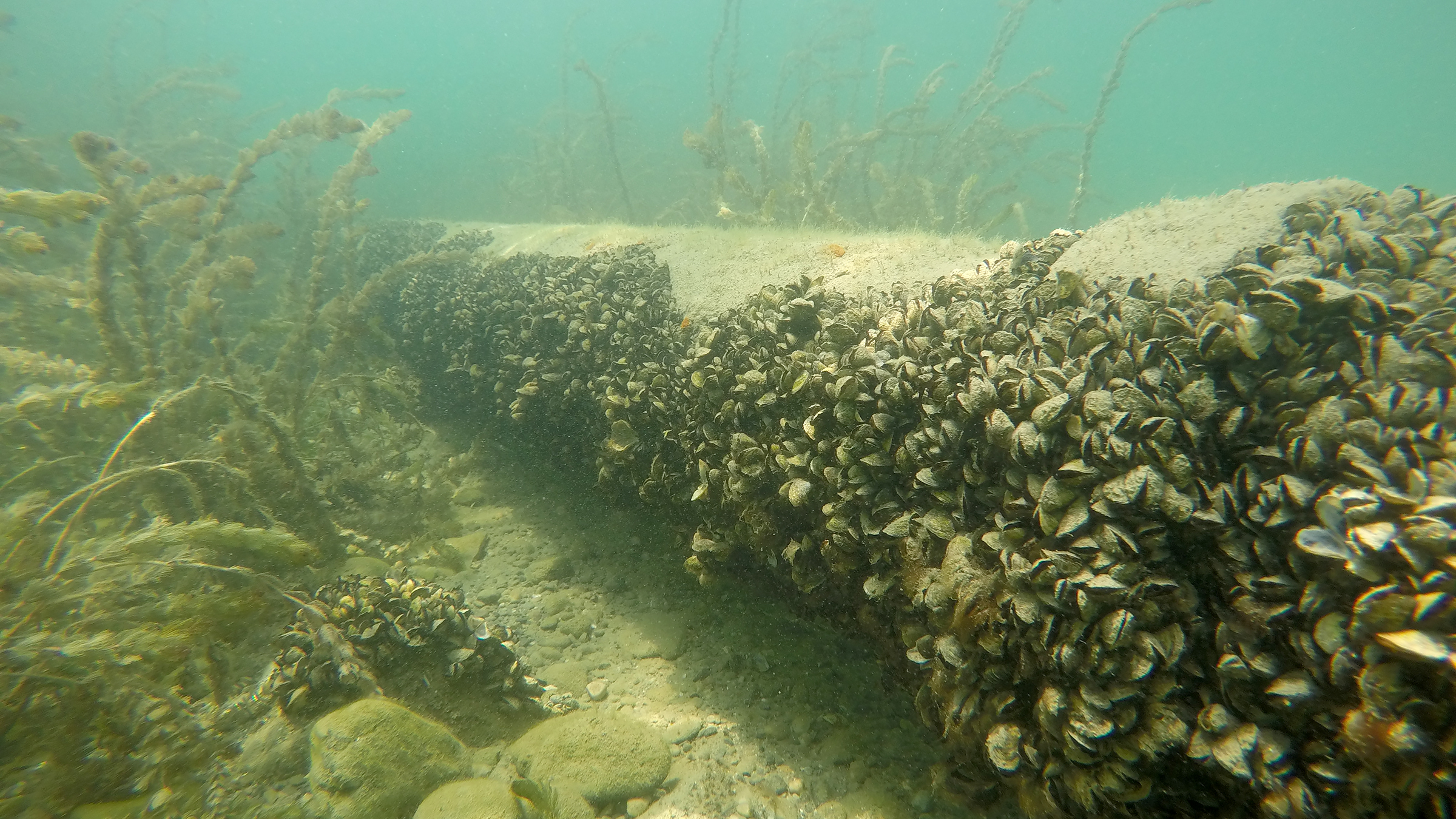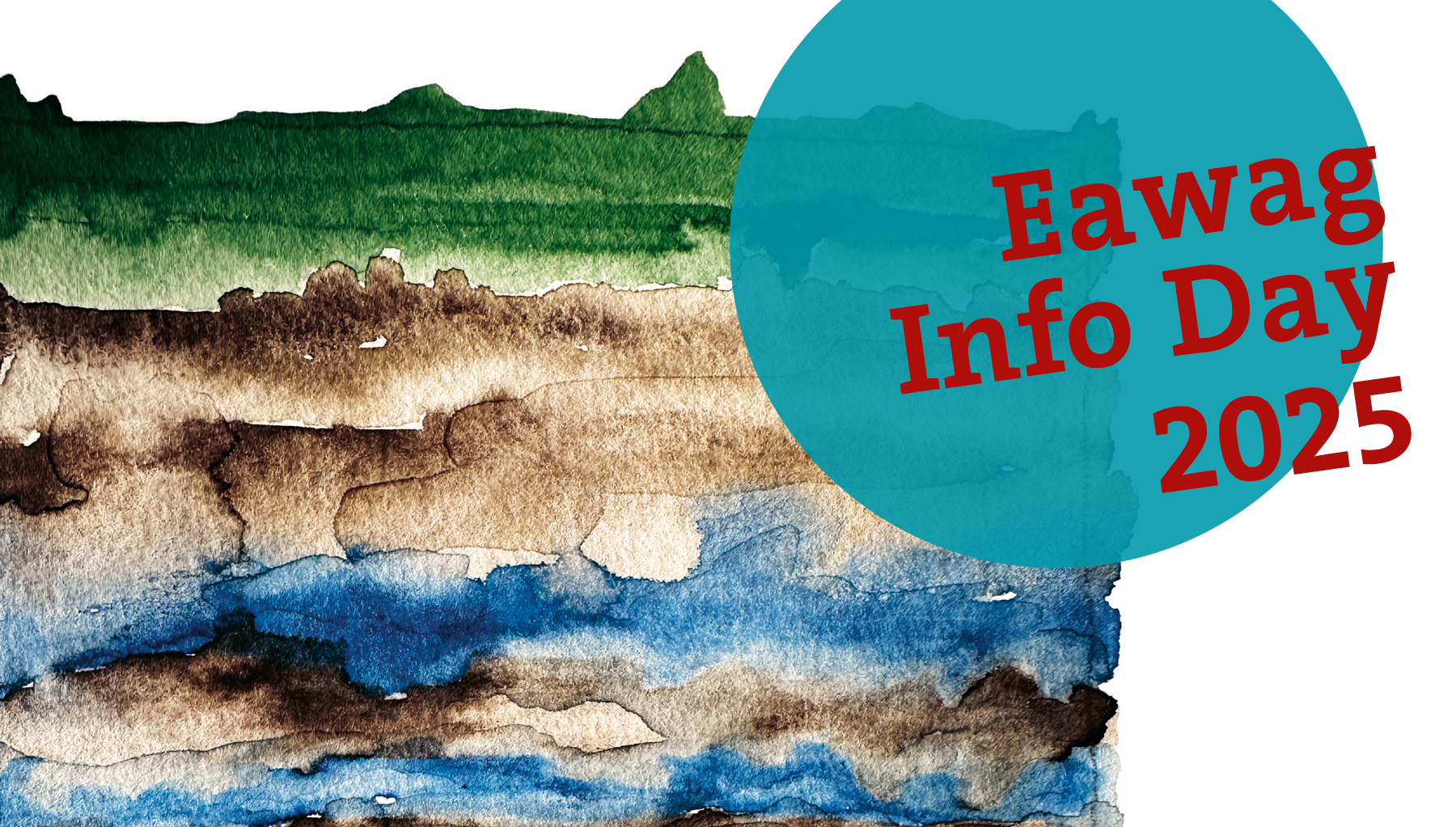Science that matters
Eawag is one of the world’s leading aquatic research institutes. With its professional diversity, close partnerships with practitioners and an international network, Eawag offers an excellent environment for the study of water as a habitat and resource, for identifying problems at an early stage and for developing widely accepted solutions.

The latest news from Eawag
The latest news from Eawag

Green roofs and ponds as networks
April 15, 2025

Gaining time in the fight against the quagga mussel
April 8, 2025
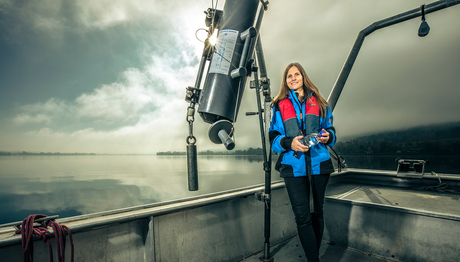
Blue-green algae: every lake is unique
April 3, 2025
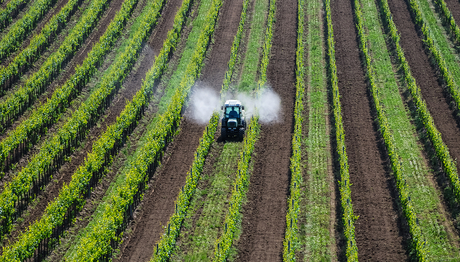
The devastating impact of humans on biodiversity
March 26, 2025
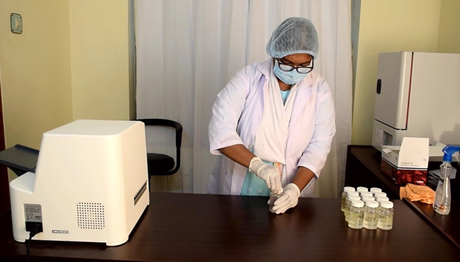
Rural water quality labs are essential for public health
March 14, 2025



